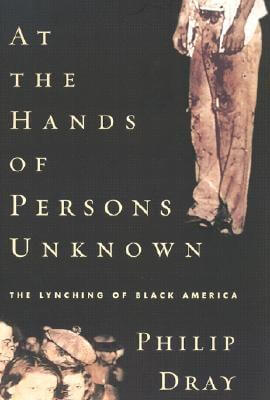
Mobs often advertised their intentions and welcomed carloads or train cars of spectator-participants from near and far. In thousands of cases, organized lynch mobs seized black suspects - or any black man unfortunate enough to be in the area or resemble the rough description of the alleged criminal - from their communities or from local jails. I saw them take a human being and make of his body a holocaust of revenge,' " one female observer told a reporter.Īrmwood's death was hardly unique, nor was it the most grotesque of human sacrifices.

A local teenager cut off one of his ears before Armwood was strung up from a tree, mutilated further, cut down, "stomped on, and dragged" to an intersection where the crowd "hurled into a bonfire." " 'I saw 3,000 men go mad with the blood lust tonight. A white mob used a battering ram to break into a local jail, battled state troopers, captured Armwood, "tied a rope around his neck, and dragged him through the streets" of the town of Princess Ann. The case of 28-year-old George Armwood, a black man accused of raping an elderly white woman on Maryland's Eastern Shore in October 1933 (a dubious charge, local blacks believed), dramatically illustrates the character of the spectacle lynching. The heart of the book, however, focuses on so-called spectacle lynchings involving the public torture, mutilation and killing of blacks. Dray sensitively and effectively explores this continuum of terror and violence, providing graphic portraits of race riots in Wilmington, N.C., in 1898, New Orleans in 1900 and Atlanta in 1906, as well as the widespread racial rioting of 1919 and numerous smaller and lesser-known acts of anti-black terror. The level of white violence directed against black people in the late-19th-through-mid-20th Centuries makes it at times difficult to differentiate lynchings from political assassinations, race riots and other forms of brutal killings.


In its heyday, however, the term brought to mind pure terror, humiliation, torture and death. The overuse of the term lynching in contemporary parlance has drained it of some of its original association with terror and violence recall Clarence Thomas' exaggerated claim that he was the victim of a "high-tech lynching" when confronted with charges of sexual harassment.


 0 kommentar(er)
0 kommentar(er)
